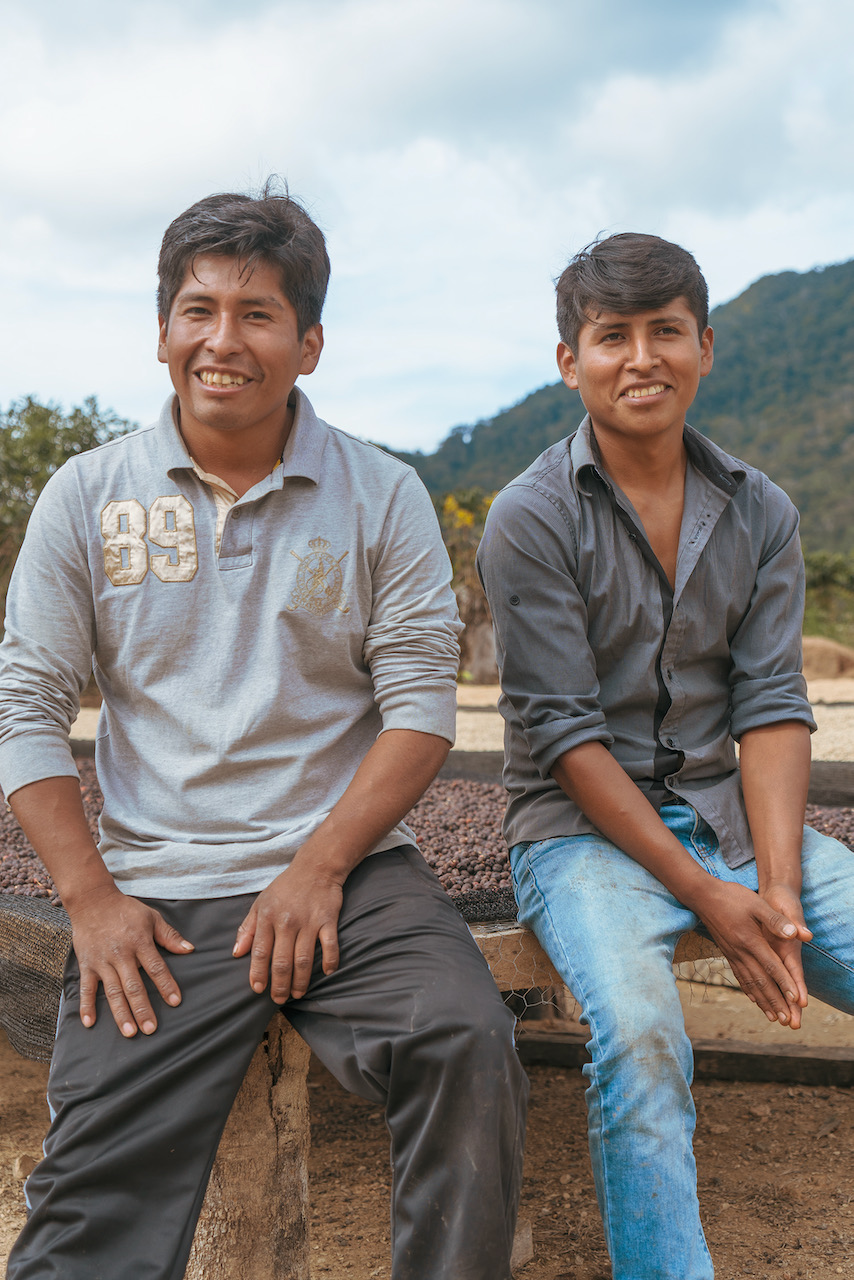
Living with coffee was the natural choice
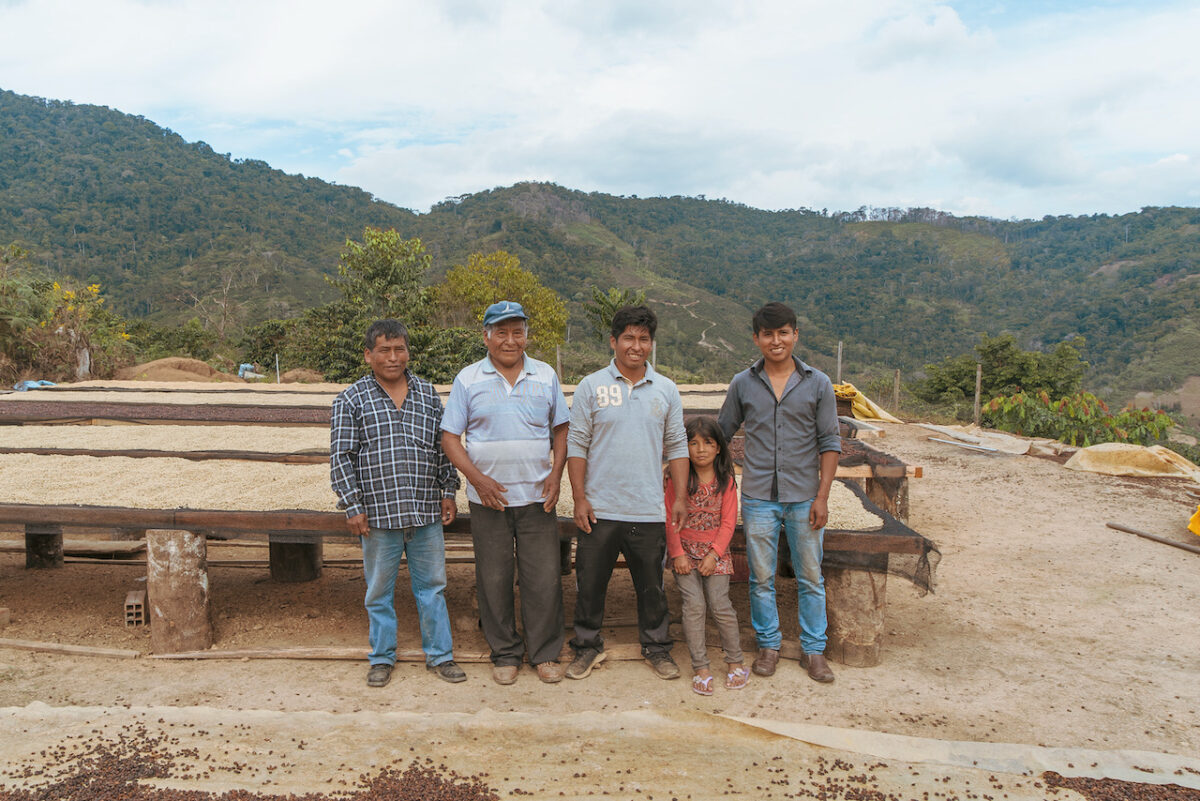
Uchumachi is located an hour and a half drive away from Caranavi Province of Bolivia, also known as the Coffee Capital. In Uchimachi, the Gonzalo family has been producing coffee from their grandparents’ generation. We had the opportunity to talk to the Gonzalo Brothers, third generation producers who are running the 5 hectares coffee farm.
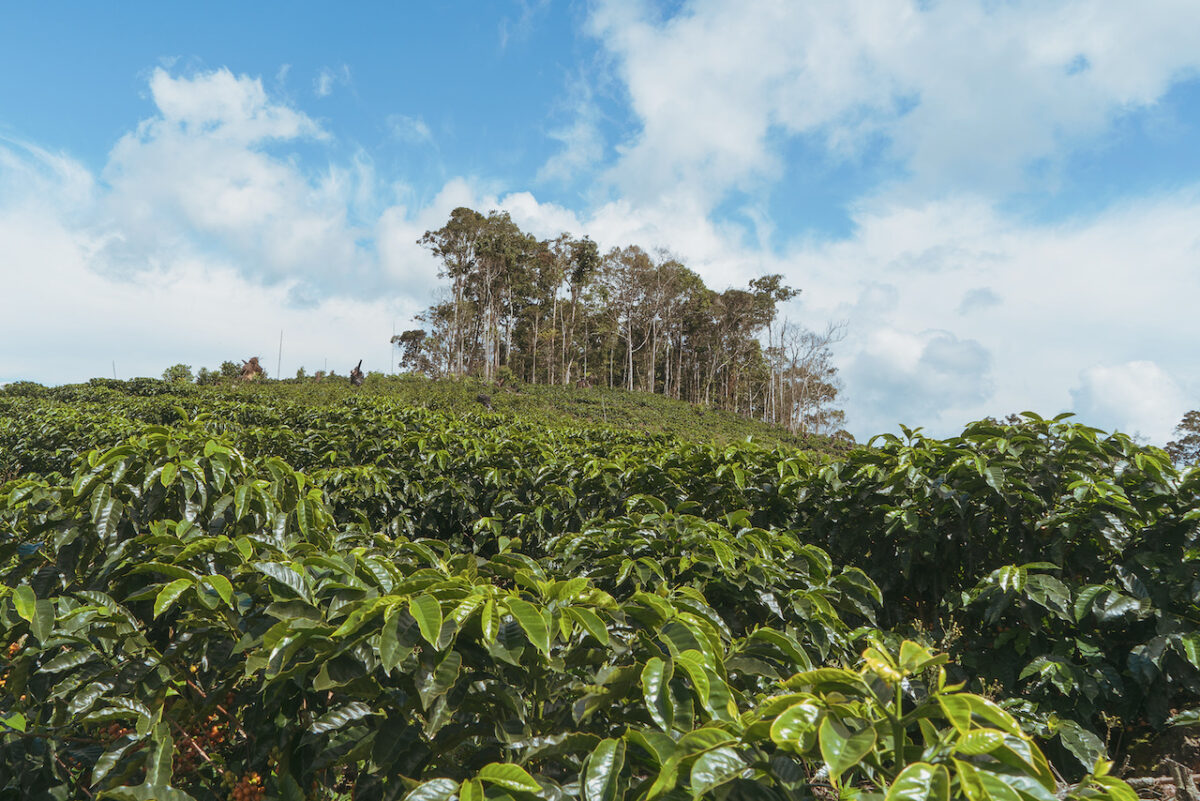
“The biggest challenge we faced was the unexpected Coffee Leaf Rust fungus that resulted in crop loss for 10 years. During that time, we found alternative jobs to keep food on the table for the family. As brothers, we went to the city to fix cars.”
Despite these difficulties however, they never considered quitting coffee production.
“When you have a large farm, it’s not easy to do other work to begin with, but we never thought of coffee production as something tying us down or something we felt tired of. We grew up watching our parents grow coffee, so it only felt natural that we follow in their footsteps.
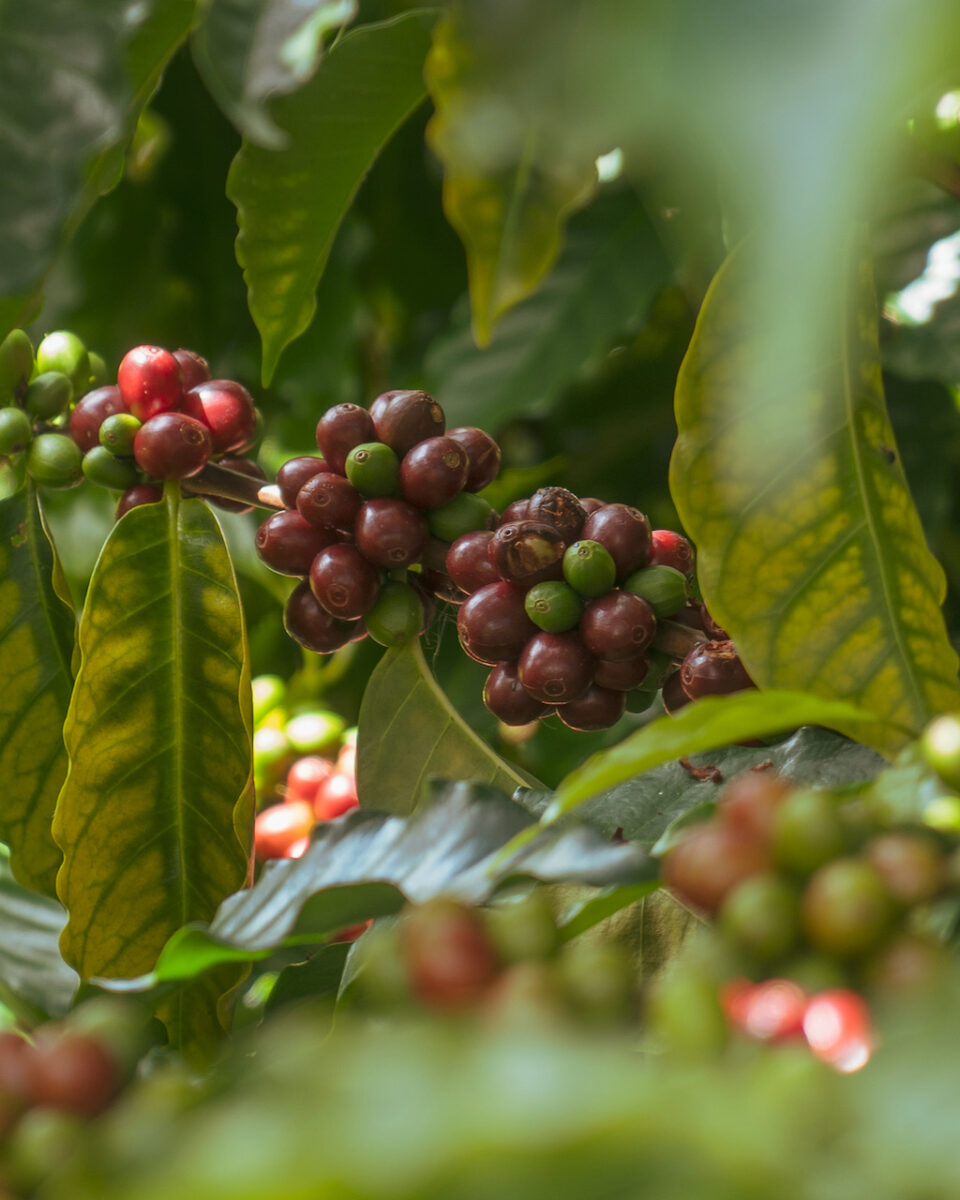
Sometimes the grass can be greener on the other side. Did it ever cross your mind to pursue other work or other places?
“Bolivia is a landlocked country, so having never seen the ocean, I travelled to see the Pacific Ocean. But visiting the ocean was strictly for fun. I’ve never felt the need to ‘get away from reality’ or ‘to escape from my world’.
Mostly above all, this work is exciting and I constantly feel motivated to try new things. Coffee production is similar to playing sports, it requires constant care and when the growth is good, you feel good. On the other hand, when the growth isn’t good, you feel unsatisfied. That’s why for my own happiness, I always try to keep my coffee trees healthy.
When you’re on this farm and you come home tired, you can have snacks from the trees or go for a swim in the river. When you feel stress building up, you can play futsal with your workmates to blow off steam. Regardless of any situation, it’s important to stay happy. “

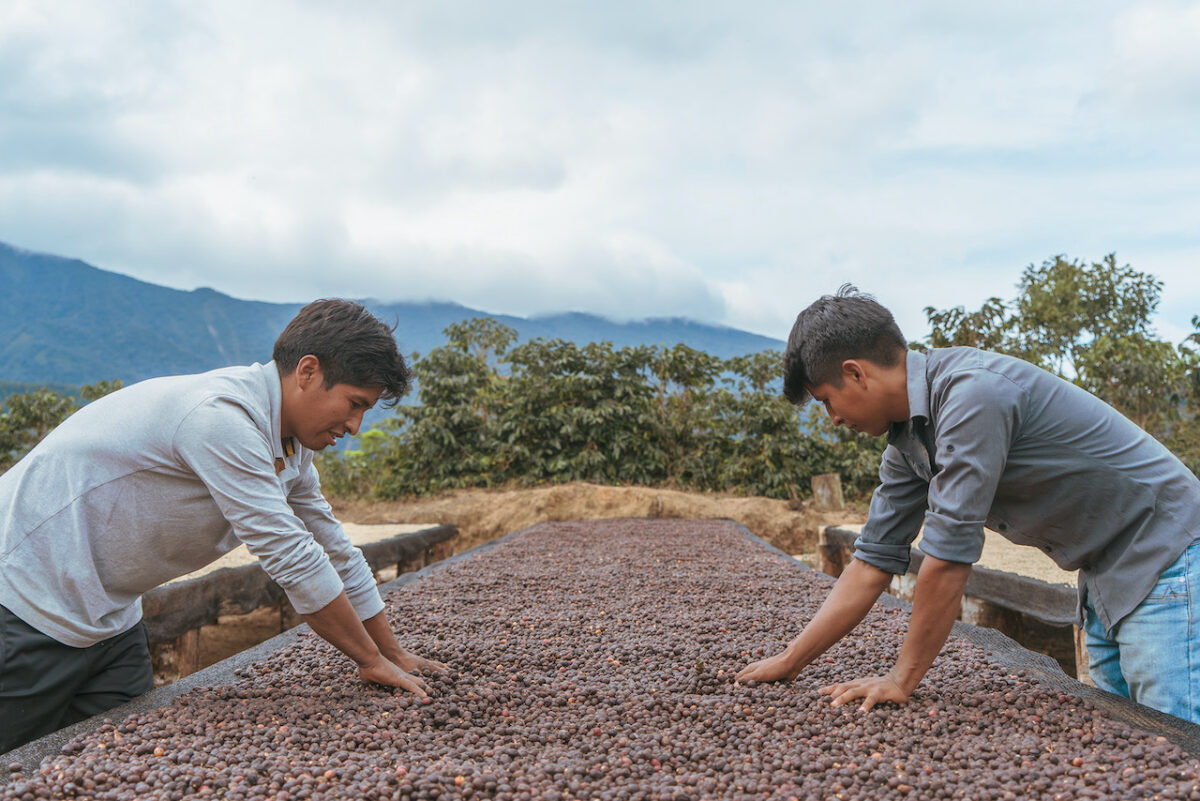
What are the advantages of working together as brothers?
“The biggest advantage is that we’re able to discuss things together to decide on plans and also to decide on roles and support each other. For example, only one of us needs to attend the local assembly, so it’s great that our farm is never left unattended. Of course there are times when we disagree, but we never fight. “
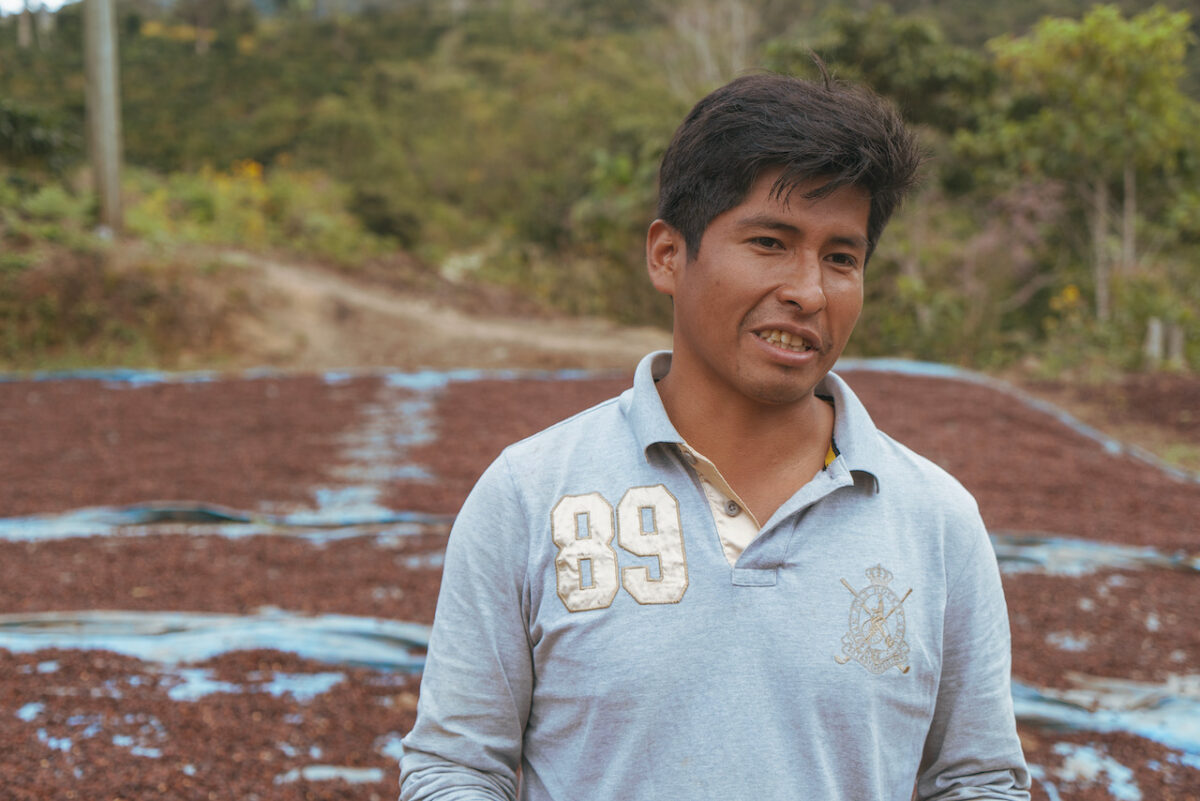
We asked the brothers what their next goal was.
“We hope to expand our farm and to increase coffee variety and production. We currently have a test trial to create new coffee farms in the Alto Beni municipality, which is about 3 hours away by car. Although we use machinery to remove weeds, much of what we do is by hand, so we’ll slowly mechanize more to increase work efficiency and to improve quality. “
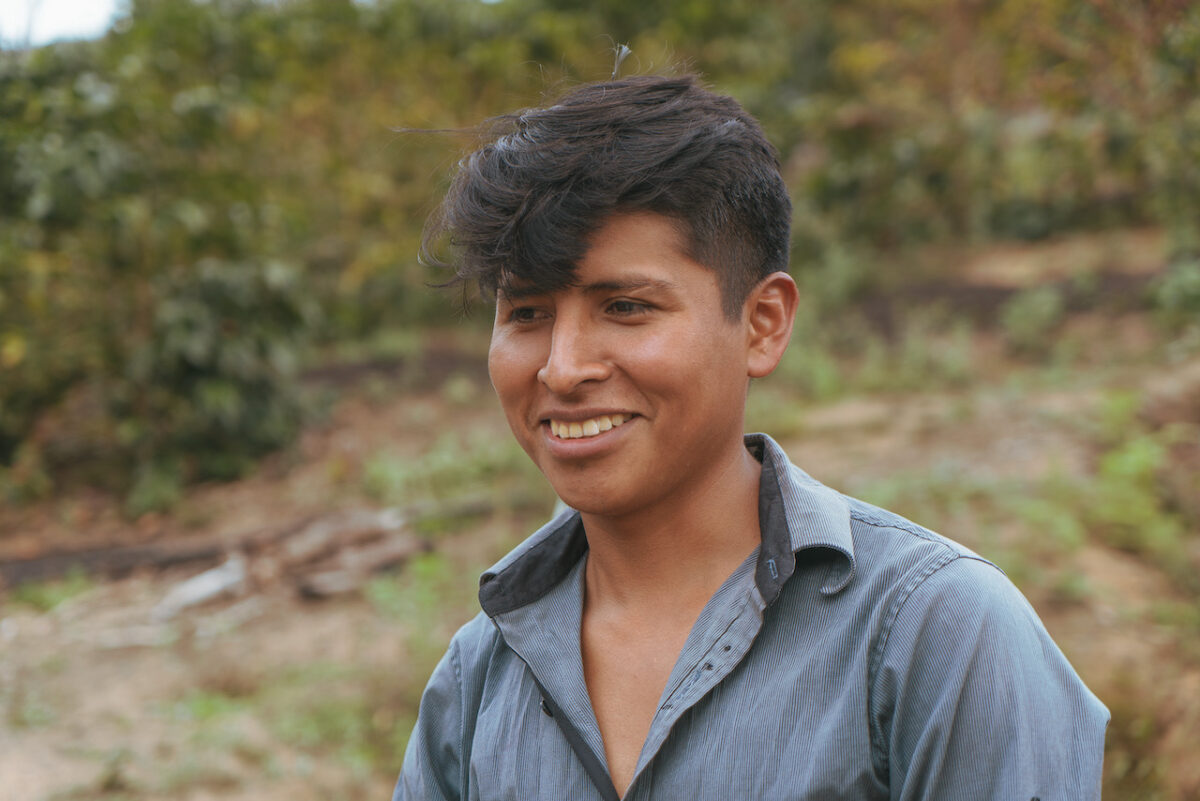
Juan has been shedding light on coffee created by smallholders and has been sending them into the world through the dry mill of Nayra Qata. How do you feel about your coffee being delivered to Asia and Europe through Juan?
“We never knew where our coffee was being delivered to or had met anyone who had drank our coffee, so this is very exciting and we are both amazed. I like to imagine how someone is drinking our coffee and one day we’d love to try our coffee that’s been roasted deliciously. We’ve made good coffee by ourselves, but we’ve tried properly roasted coffee.
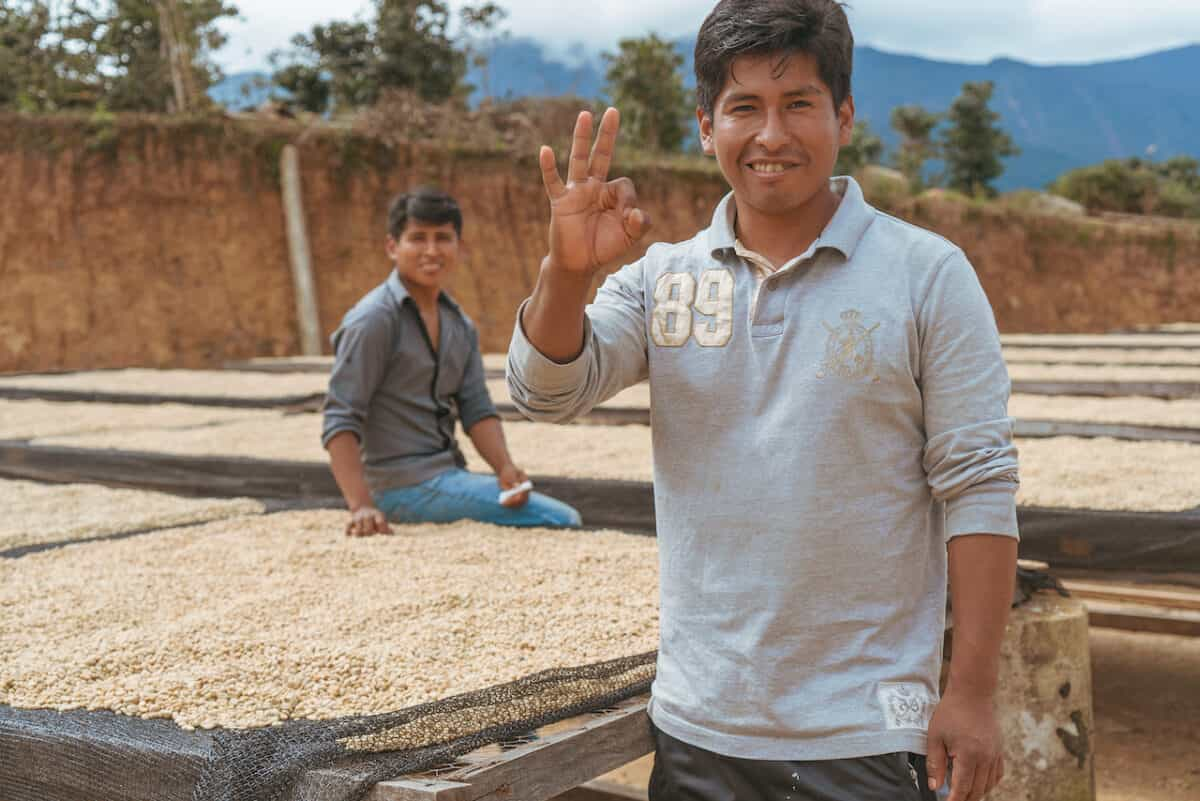
There’s a certain type of desire for parents to want to see how the children they raised transform into the people that they become. Maybe what they wish for is no different. If they’re able to see how the coffee they produce transforms in the hands of the world, think of the possibilities they can achieve.









